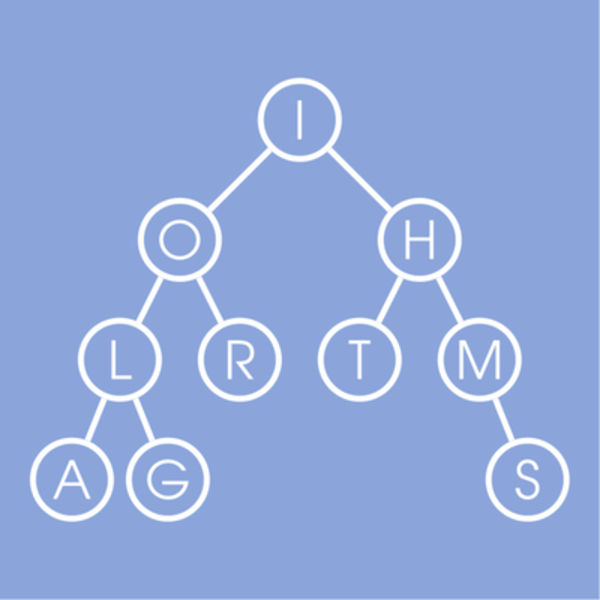Price:
2686 EUR
Contact
University of California, San Diego
Description
A good algorithm usually comes together with a set of good data structures that allow the algorithm to manipulate the data efficiently. In this course, we consider the common data structures that are used in various computational problems. You will learn how these data structures are implemented in different programming languages and will practice implementing them in our programming assignments. This will help you to understand what is going on inside a particular built-in implementation of a data structure and what to expect from it. You will also learn typical use cases for these data structures.
A few examples of questions that we are going to cover in this class are the following:
1. What is a good strategy of resizing a dynamic array?
2. How priority queues are implemented in C++, Java, and Python?
3. How to implement a hash table so that the amortized running time of all operations is O(1) on average?
4. What are good strategies to keep a binary tree balanced?
You will also learn how services like Dropbox manage to upload some large files instantly and to save a lot of storage space!
Specific details
Category of Education
Computer Sciense and IT
